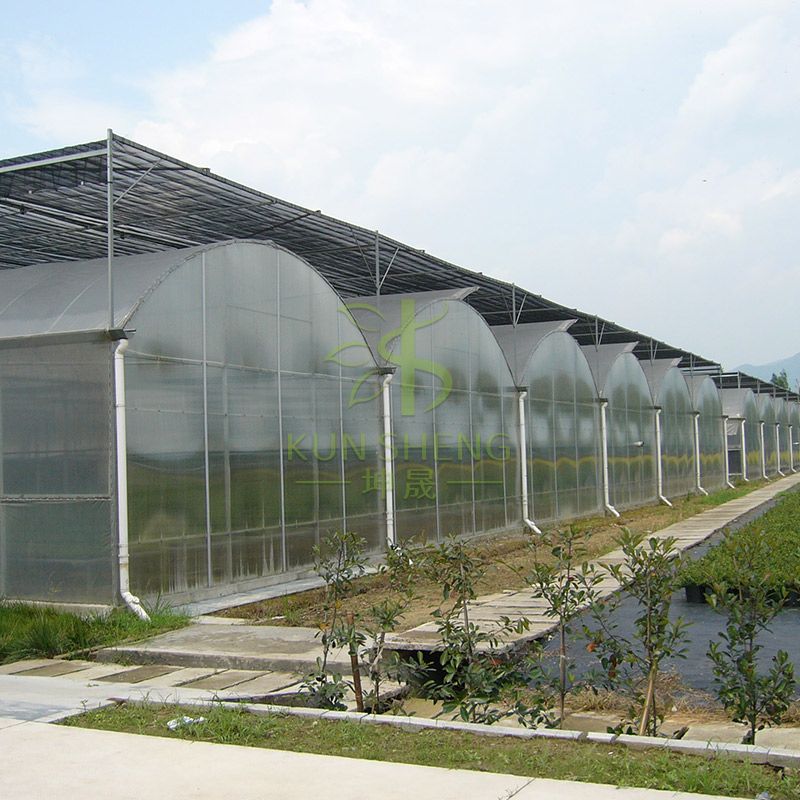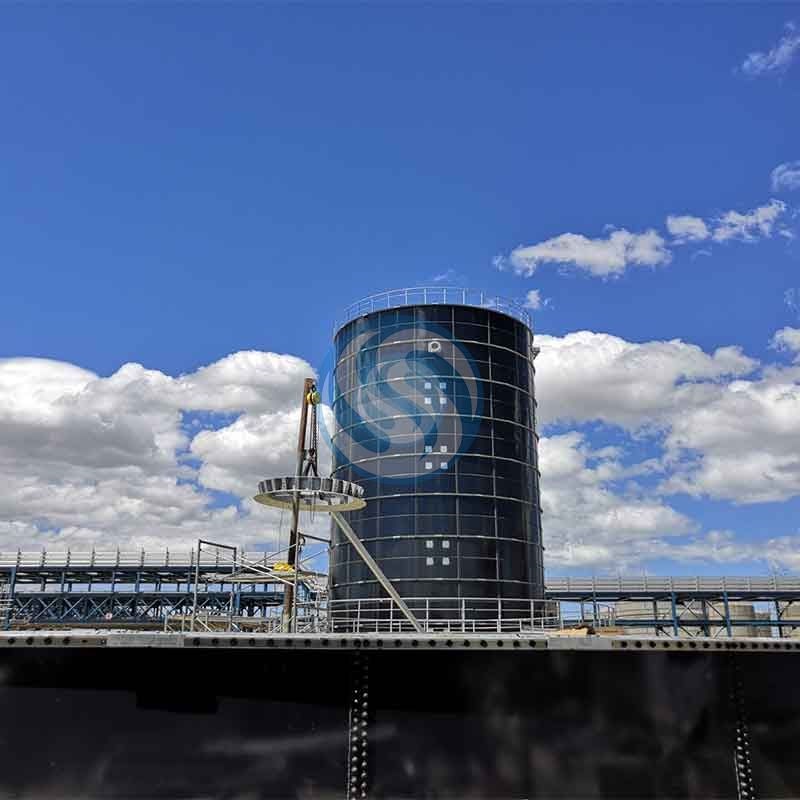What is diammonium phosphate fertilizer used for?
Diammonium phosphate (DAP) is a commonly used fertilizer with a specific NPK ratio, which represents the percentage of nitrogen (N), phosphorus (P), and potassium (K) content in the fertilizer. The NPK ratio for diammonium phosphate is typically 18-46-0.
Breaking down the ratio:
Nitrogen (N): 18%
Phosphorus (P): 46%
Potassium (K): 0%
This means that in a bag of diammonium phosphate fertilizer, 18% of the content is nitrogen, 46% is phosphorus, and there is no potassium present. Nitrogen is essential for promoting leafy green growth, phosphorus supports root development and flowering, while potassium contributes to overall plant health and stress resistance.
It's important for growers to consider the specific needs of their crops and soil conditions when choosing fertilizers with different NPK ratios to ensure optimal plant nutrition.
Diammonium phosphate (DAP) fertilizer is a widely used phosphorus fertilizer with additional benefits from its nitrogen content. It serves various purposes in agriculture and horticulture, contributing to the overall health and growth of plants. Here are some key uses of diammonium phosphate fertilizer:
Phosphorus Supply: DAP is a rich source of phosphorus, an essential nutrient that plays a crucial role in promoting root development, flowering, and fruiting. Phosphorus is particularly vital during the early stages of plant growth.
Nitrogen Source: In addition to phosphorus, DAP also contains a significant amount of nitrogen. Nitrogen is essential for the synthesis of proteins, enzymes, and chlorophyll, contributing to vigorous vegetative growth and overall plant health.
Explore more:Agricultural
What are the advantages of a crawler tractor?
What is the highest yielding tomato seed?
The Benefits of Soaking Walnuts Before Eating
What is the difference between controlled release and slow-release fertilizer?
Top heavy-duty mining vehicles you should know
Can stainless steel be CNC machined?
Starter Fertilizer: DAP is often used as a starter fertilizer for crops, especially during the initial stages of plant growth. Its balanced combination of nitrogen and phosphorus provides a boost to seedlings and young plants.

Field Crops: DAP is suitable for a wide range of field crops, including grains, cereals, and oilseeds. Its nutrient composition supports the development of robust root systems and enhances yield.
Fruit and Vegetable Production: Diammonium phosphate is beneficial for fruiting and flowering plants. The phosphorus content aids in the formation of flowers and fruits, contributing to better crop quality and yield.
Soil Amendment: DAP can be used to address phosphorus deficiency in soils. It helps improve soil fertility and nutrient balance, promoting sustainable agricultural practices.
Water-Soluble: DAP is water-soluble, making it easy to apply through irrigation systems. This characteristic ensures efficient nutrient uptake by plants.
Storage and Handling: DAP is a relatively stable fertilizer, making it convenient for storage and handling. Its granular form allows for ease of application and even distribution.
It's important for farmers and gardeners to consider the specific nutrient requirements of their crops and the characteristics of their soil when choosing fertilizers. Diammonium phosphate is a versatile fertilizer that addresses both nitrogen and phosphorus needs, making it a popular choice for a variety of crops and agricultural applications.
Which HOWO Lorry Truck model offers the best value for the purchase price?
Ultimate Guide to Canadian Tire Ratchet Straps: Everything You Need to Know
Ultimate Guide to Buying Automobile Motorcycle Oil Seal - Everything You Need to Know!
What are the top 5 advantages of buying a HOWO 4x2 tractor for your business?
What are the OSHA guidelines for safe sling use?
Ultimate Guide to N14 Front Main Seal
Revolutionizing Commercial Truck Financing: A Game-Changer?
520
0
0










Comments
All Comments (0)